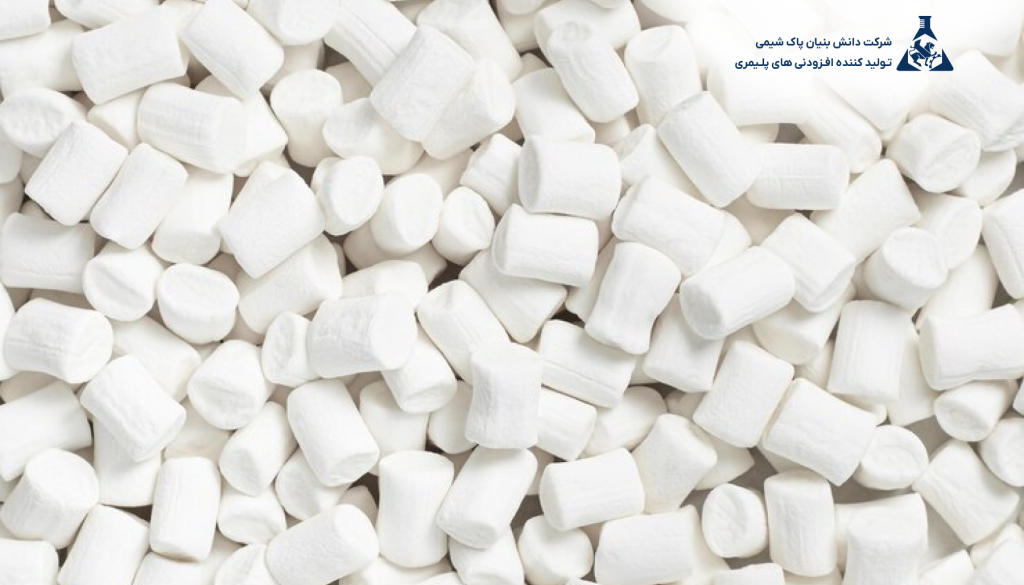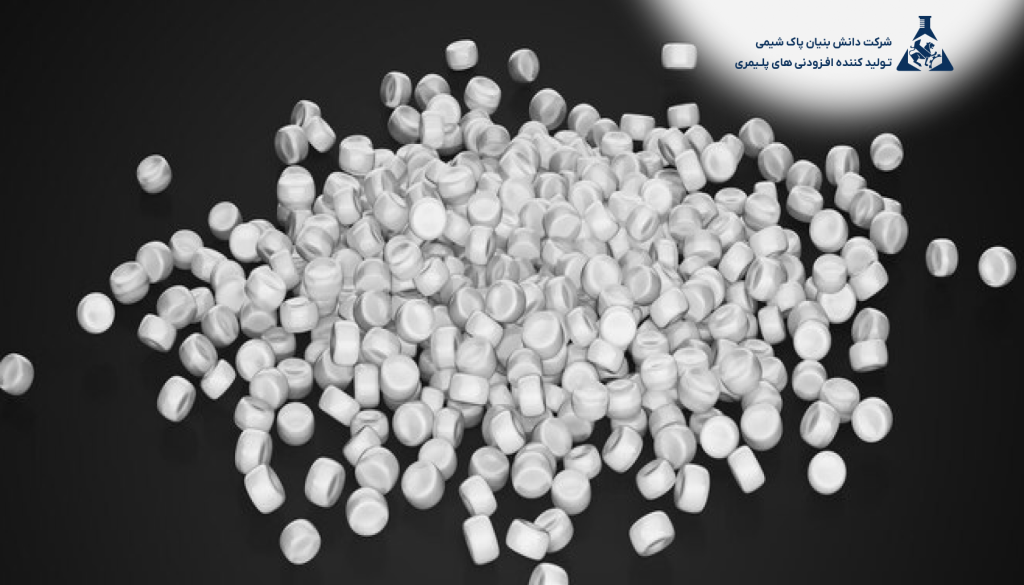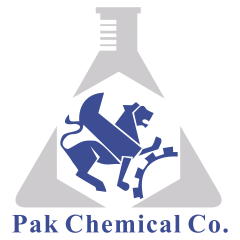Polyvinyl chloride (PVC) is considered one of the most widely used thermoplastic plastics across various industries. Thanks to its unique properties—such as affordability, high processability, adjustable mechanical properties, and desirable chemical resistance—this polymer is extensively produced and consumed in different forms. Among its most common forms are flexible PVC granules and rigid PVC granules, each with distinct features, structures, and applications.
This article provides a comprehensive comparison of the structural, technical, functional, and physical differences between Flexible PVC and Rigid PVC granules, helping manufacturers and industry professionals make informed decisions when selecting the appropriate type.

General Nature of PVC Granules
PVC granules are thermoplastic materials produced in small, uniform particles (granules) used in processes such as injection molding, extrusion, blow molding, and more. Depending on the added compounds, these granules are classified into two main types:
Rigid PVC: Contains no or very low levels of plasticizers.
Flexible PVC: Contains various amounts of plasticizers.
Formulation Differences
The main difference between flexible and rigid PVC lies in their formulation. In its base form, PVC is rigid. To make it more flexible, specific compounds known as plasticizers must be added.
Rigid PVC:
No plasticizers (or very minimal amount)
High mechanical strength
Suitable for stable and stiff structures
Flexible PVC:
Contains plasticizers such as DOP, DINP, DOTP, etc.
Flexible, bendable, and stretch-resistant
Used in applications requiring softness or elasticity
Differences in Industrial Applications
Due to differences in formulation and physical properties, each type of PVC is used in different industrial fields:
Applications of Rigid PVC:
Production of water pipes, sewage systems, and ducts
Manufacturing UPVC door and window profiles
Structural and architectural components
Wall panels and false ceilings
Industrial and construction injection-molded parts
Electrical equipment with rigid structures
Rigid PVC is a popular choice in construction due to its high impact resistance, minimal deformation over time, and cost-effectiveness.
Applications of Flexible PVC:
Electrical cables and wire insulation
Soft and flexible flooring production
Industrial and household curtains
Production of hoses, tubes, and flexible pipes
Medical equipment such as blood bags, IV bags, etc.
The presence of plasticizers gives this type of granule high elasticity, making it ideal for applications requiring flexibility and bendability.
Health and Safety Considerations
A key concern with Flexible PVC is the use of plasticizers, which may raise health or environmental concerns due to potential chemical migration—especially in medical or food-related uses. For this reason, some companies opt for phthalate-free or safer plasticizers.
In contrast, manufacturers generally consider Rigid PVC, which contains no plasticizers, more stable and safer in terms of chemical migration.
Cost and Market Demand
Flexible PVC granules often have higher costs than rigid PVC due to the presence of more additives like plasticizers. However, the final cost depends on factors such as raw material quality, plasticizer type, stabilizers, and processing costs.
Construction and infrastructure sectors primarily drive the market for rigid PVC, while manufacturers widely use flexible PVC in packaging, medical, cable & wiring, coating, and textile industries.
Production Process and Equipment
Manufacturers typically use rigid PVC in extrusion and injection molding to produce profiles, pipes, and other rigid parts.The equipment must withstand high pressure and temperature.
Manufacturers use flexible PVC in processes like calendering (rolling), flexible injection molding, soft extrusion, and even thermoforming.
Differences in machine type, extrusion temperature, mold pressure, and process speed are key distinctions in industrial processing between the two.
Rigid PVC is ideal for durable, non-flexible structures, while Flexible PVC excels in producing lightweight, bendable, and elastic products. Each type offers specific advantages and limitations, securing a distinct place in the polymer industry. Flexible and Rigid PVC Granules serve a broad range of applications due to their unique mechanical and thermal properties. Manufacturers engineer these granules with advanced formulations to meet the needs of industries like construction, automotive, and medical. By delivering durability, chemical resistance, and versatility, Flexible and Rigid PVC Granules remain a trusted choice across diverse manufacturing sectors, and many companies continue to rely on Flexible and Rigid PVC Granules for consistent, high-quality performance.

Read more:
